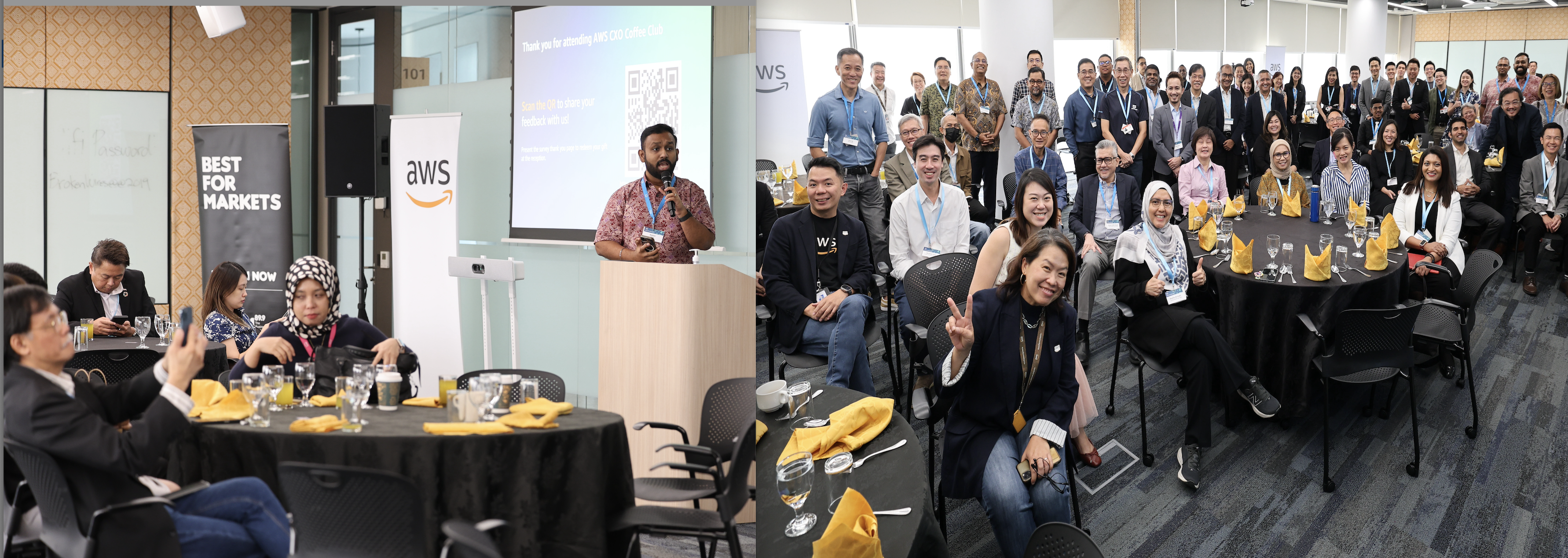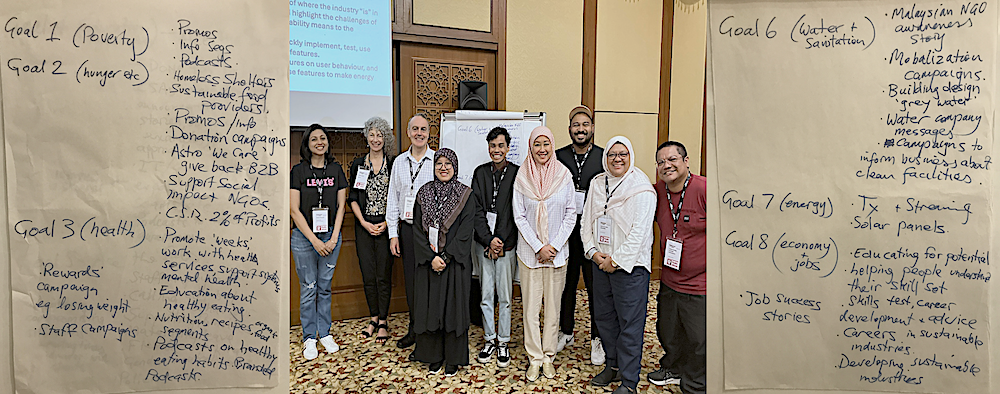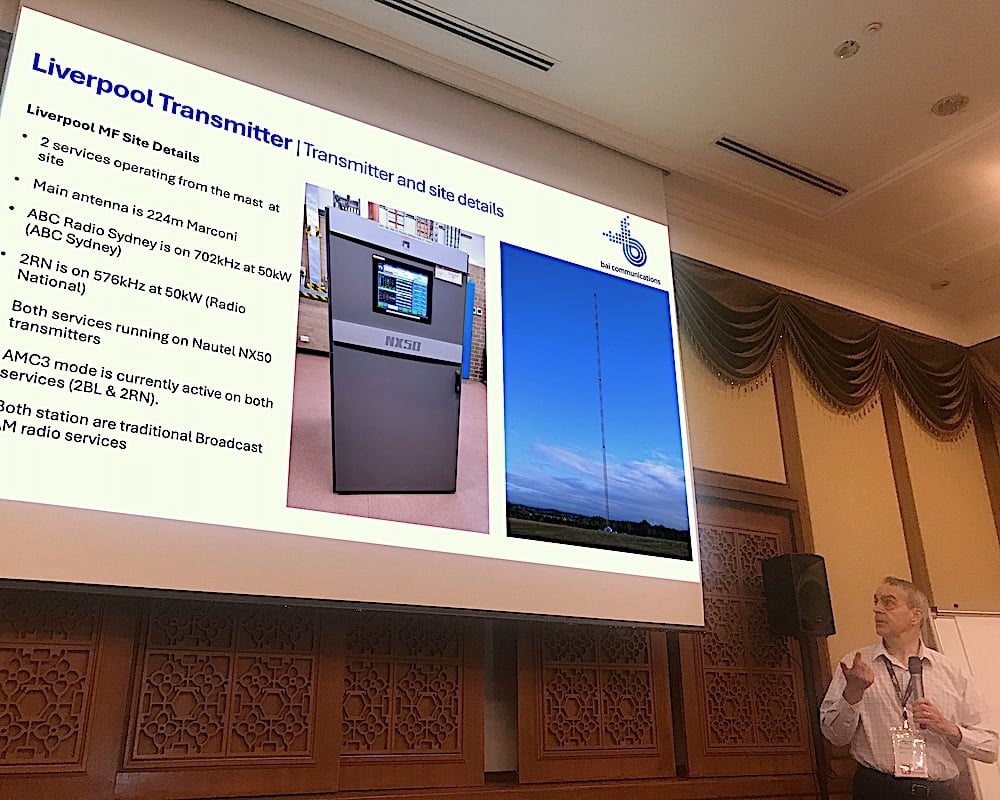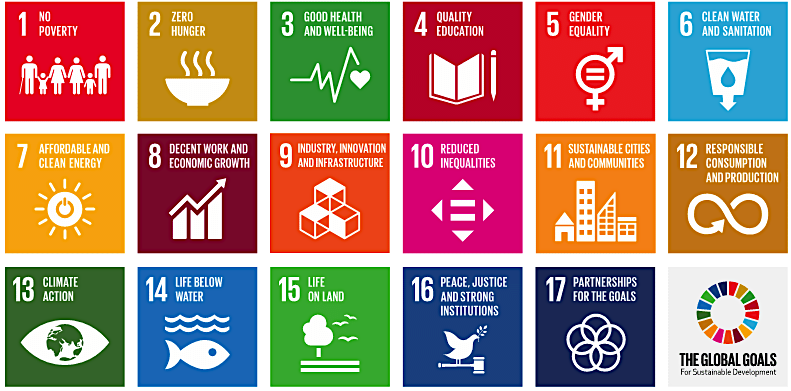In a workshop on Sustainability at Radiodays Asia 2024, Steve Ahern led participants through a series of exercises to help them plan the evolution of their businesses for a cleaner and more profitable future.
The workshop focused on the UN Sustainability Goals as a template for change, focusing not just on carbon emissions, but many other aspects of sustainable broadcast businesses.
A big picture approach to sustainability includes people, power, programming, production and premises. Ahern is Chair of the Australian audio industry working group on sustainability, called Green Ears.
The most significant area for most radio broadcasters is power use and emissions at their transmitters. The workshop explored how UN goals 7, 9, 12 and relate to energy usage and climate, exploring examples of companies that are actively working to reduce energy usage at transmission sites.
The most significant example was ABC Australia’s largest AM transmission sites, the ABC Radio Sydney and RN transmitters at Liverpool, where two massive 50kW transmitters are beaming out strong signals 24/7. With a modern approach to efficient energy management by transmission provider BAI, the transmission site has delivered a 17% reduction in emissions since using Modulation Dependent Carrier Control (MDCL) on its Nautel NX50 transmitters and Marconi 224 metre antenna mast.
For each 50 kW transmitter, the annual benefit has been assessed as:
- 234 MWh reduced energy consumption
- 310 tCO2e reduced emissions, based on FY23 NSW grid emissions factors
Emissions reduction is equivalent to:
- 1,717,000 km of average new passenger vehicle driving in Australia
- 5,126 tree seedlings grown for 10 years
In Australia, SBS has also just signed a renewable energy agreement with a new provider, while Nine Entertainment and Southern Cross Austereo are including their sustainability activities in their annual reports as part of increased accountability.
In Singapore, Mediacorp has modified its buildings to embrace renewables. In Malaysia, Bfm (pictured below) is working with its clients and business-focused listeners by holding coffee club seminars to help Malaysian businesses understand how to be more sustainable and how to report their activities.

The workshop also examined how Italy’s national broadcaster RAI, CBC Canada and the BBC are working across their whole organisations to embed sustainability into all aspects of their media businesses.
Streaming is another area where broadcasters are increasingly holding their suppliers to account for energy usage. In the workshop, All In Media’s Richard Phelps explained how simple tweeks to apps can be more efficient, such as not requiring location services to be continually monitored.
The workshop also examined other elements of sustainability, going deeper than just separating waste and using cardboard cups in company kitchens.
Looking at the other sustainability goals, workshop participants identified Goal 3: Ensure healthy lives and promote well-being for all at all ages, as another area where media can play a part.
In Ireland, the independent commercial radio sector has embarked on a campaign to raise community awareness about climate change. The campaign has recorded segments at grass roots level that tell positive stories of individuals and businesses making a difference by changing their habits. The Irish campaign aims to show that anyone can do their bit to reduce climate change and that it is not out of reach of people to start to make a difference. The Asian broadcasters at the workshop came up with their own variation on this grass roots approach for Goal 3, with ideas for awareness raising for healthy lifestyles and wellbeing.
Ahern told participants that doing nothing is no longer an option, because companies are now being required to disclose their emissions and their plans to reduce them. On this compliance side of the ledger, Australia has just brought in disclosure obligations for climate related risks as part of its Financial Disclosures legislation, there is now also an international accounting standard relating to climate disclosures, and in Malaysia there are new climate reporting rules.
Workshop participants worked through various goals to come up with their own ideas of what they could do and what impact it would have. They left with a series of immediately implementable practical ideas for action, as well as a draft policy presentation to present to their CEO.

The Sustainable Development Goals:
Goal 1. End poverty in all its forms everywhere
Goal 2. End hunger, achieve food security and improved nutrition and promote sustainable agriculture
Goal 3. Ensure healthy lives and promote well-being for all at all ages
Goal 4. Ensure inclusive and equitable quality education and promote lifelong learning opportunities for all
Goal 5. Achieve gender equality and empower all women and girls
Goal 6. Ensure availability and sustainable management of water and sanitation for all
Goal 7. Ensure access to affordable, reliable, sustainable and modern energy for all
Goal 8. Promote sustained, inclusive and sustainable economic growth, full and productive employment and decent work for all
Goal 9. Build resilient infrastructure, promote inclusive and sustainable industrialization and foster innovation
Goal 10. Reduce inequality within and among countries
Goal 11. Make cities and human settlements inclusive, safe, resilient and sustainable
Goal 12. Ensure sustainable consumption and production patterns
Goal 13. Take urgent action to combat climate change and its impacts*
Goal 14. Conserve and sustainably use the oceans, seas and marine resources for sustainable development
Goal 15. Protect, restore and promote sustainable use of terrestrial ecosystems, sustainably manage forests, combat desertification, and halt and reverse land degradation and halt biodiversity loss
Goal 16. Promote peaceful and inclusive societies for sustainable development, provide access to justice for all and build effective, accountable and inclusive institutions at all levels
Goal 17. Strengthen the means of implementation and revitalize the global partnership for sustainable development


